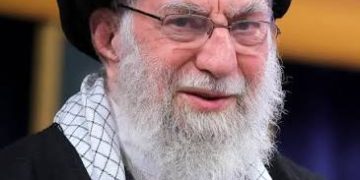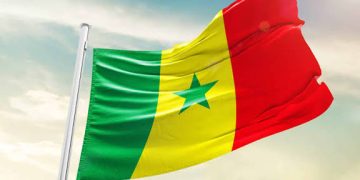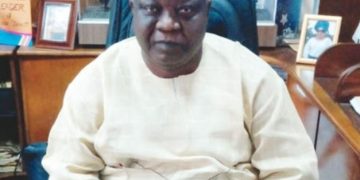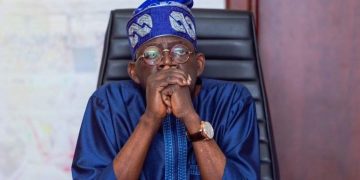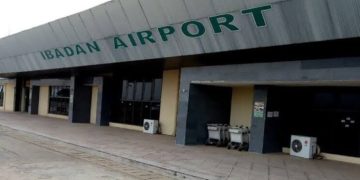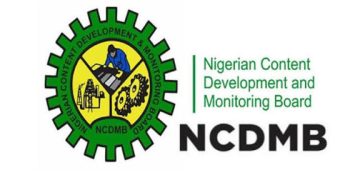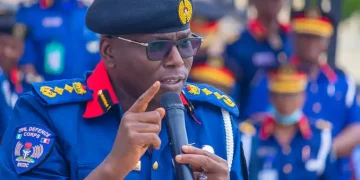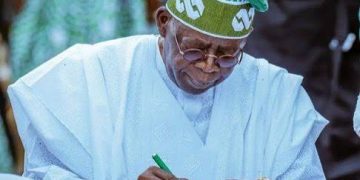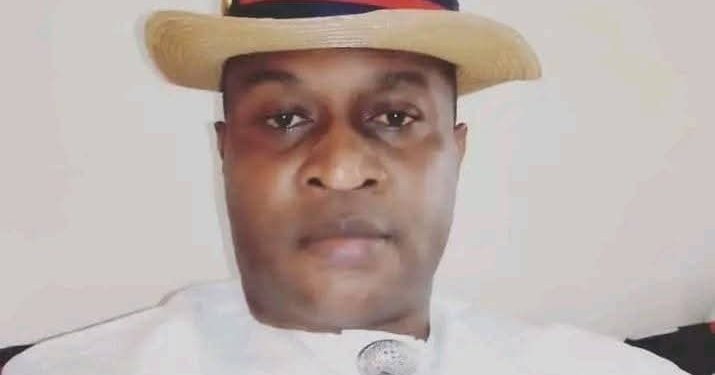It may sound unbelievable, but the Kaura Modern Market community is experiencing a level of neglect that warrants urgent attention from the FCT Minister. Kaura Modern Market urgently needs the continuation of the abandoned road project between Prince and Princess Estate, which connects to the entire Kaura District. Kaura is a district in Abuja officially known as Games Village, located in Phase 2 of the city, southwest of the Central Business District. This road should link Lokogoma, Suncity, Galadimawa, Apo, and the surrounding areas.
Poor road networks discourage businesses and investors from establishing operations due to increased logistics costs and difficulty attracting customers and workers. The daily burden of isolation and inconvenience significantly reduces overall patronage in Kaura Modern Market. The result is a continuous cycle of underdevelopment, preventing the community from fully participating in or benefiting from regional and national growth. Yet, Kaura Modern Market has so much to offer.
Markets like Wuse, Utako, and Garki do not need a month-long trade fair for customers to locate them due to their excellent road access and central position in Abuja. This is likely why Kaura Modern Market organizes its annual trade fair to attract customers to the area. However, this year’s trade fair fell short of expectations, revealing an urgent need for better planning, clearer communication, and improved coordination.
A trade fair is not only an economic event but a community gathering where every trader and participant has a stake in its success. Unfortunately, several issues affected both exhibitors and visitors, exposing gaps that must be addressed before the next edition.
One of the major challenges this year was the lack of proper communication regarding canopy allocations. Exhibitors who had paid in full were not given their canopy numbers ahead of time. This oversight created confusion, arguments, and unnecessary tension. I personally experienced a situation where someone confronted me, insisting I had occupied her space even though the organizers had officially allocated the space to me.
When exhibitors are not informed of their booth numbers early, the entire process becomes chaotic. This should not have happened, especially considering the executives of Kaura Modern Market had several months to plan.
The disorganization continued on the first day of the event. Some fully paid exhibitors did not receive their canopies until the following morning. This caused stress, delays, and frustration for traders who needed ample time to arrange their goods and set up professionally. First impressions matter delayed setups can negatively affect sales performance, customer flow, and overall experience.
Another issue involved abandoned vehicles in the market’s car parks. According to the Chairman, the executives contacted Abuja Market Management Limited (AMML) early enough to remove these vehicles. Unfortunately, several trucks and cars remained there on the first day of the fair, reducing the space that could have accommodated additional exhibitors. AMML had promised since the beginning of the year to clear these vehicles. Their continued presence contributed to congestion and limited the market space.
The market leadership and AMML need to work more effectively to ensure the market environment is cleared, organized, and fully optimized before major events.
Kaura Modern Market already faces low customer turnout due to one accessibility issue. Located opposite the Prince and Princess Estate, the road linking the market to the surrounding communities has been abandoned for years. Originally designed to improve access and encourage development, its abandonment has left Kaura Modern Market underrated and underexposed. Many traders endure hardship; some even dispose of unsold goods due to low patronage. For many, the trade fair is the only time they make significant sales, which explains why the event is extremely important to both executives and traders.
It is equally important that AMML invests in social media marketing and advertising to showcase the market’s potential. For now, the yearly trade fair is the only event that brings outsiders into the market.
I commend the executives for their efforts in organizing this year’s fair, but fairness demands that we also acknowledge the areas that require improvement.
During the preparatory meeting held at a garden in Gudu, the executives were merged with previous organizers who had successfully coordinated earlier trade fairs. This collaboration should have ensured a smoother, more experienced process. Yet, the outcome did not reflect the level of organization expected. However, if organizers are willing to learn from this year’s mistakes and apply those lessons, next year’s edition can be significantly better.
Why did the combined experience of both teams still result in logistical and communication failures?
This year’s trade fair clearly showed that significant improvement is needed. With better planning, early communication, and collaboration with experienced organizers, future trade fairs at Kaura Modern Market can operate smoothly and successfully. Every trader has a stake in the fair, and the organization should reflect professionalism, efficiency, and respect for the exhibitors whose participation makes the event possible. A trade fair should be a celebration of business, growth, and community not a source of frustration.
Kaura Modern Market community also uses this opportunity to call on the Minister of the Federal Capital Territory, Nyesom Ezenwo Wike, to come to its aid. The market needs an access road that showcases to the world one of the cleanest markets in Abuja. The developers, Berwick Nigeria Limited, in collaboration with Abuja Market Management Limited and Abuja Investment Company Limited, should act swiftly to bring this road construction to reality. These companies are best positioned to advocate for the market. Traders may come and go, but these institutions will always be held accountable for ensuring smooth operations and delivering long-term improvements.
As a journalist and human rights advocate, it is my duty to write this. It is the duty of these companies to present a well-prepared proposal to the FCT Minister, and the duty of traders and stakeholders to come together and clearly demand what they need.
Daniel Nduka Okonkwo is a seasoned writer, human rights advocate, and public affairs analyst, widely recognized for his incisive commentary on governance, justice, and social equity. Through his platform, Profiles International Human Rights Advocate, he has consistently illuminated critical social and political issues in Nigeria and beyond, championing accountability, transparency, and reform. With a portfolio of more than 1,000 published articles available on Google, Okonkwo’s works have appeared in prominent outlets such as Sahara Reporters and other leading media platforms. Beyond journalism, he is an accomplished transcriptionist and experienced petition writer, known for his precision and persuasive communication. He also works as a ghostwriter and freelance journalist, contributing his expertise to diverse projects that promote truth, integrity, and the protection of human rights.

